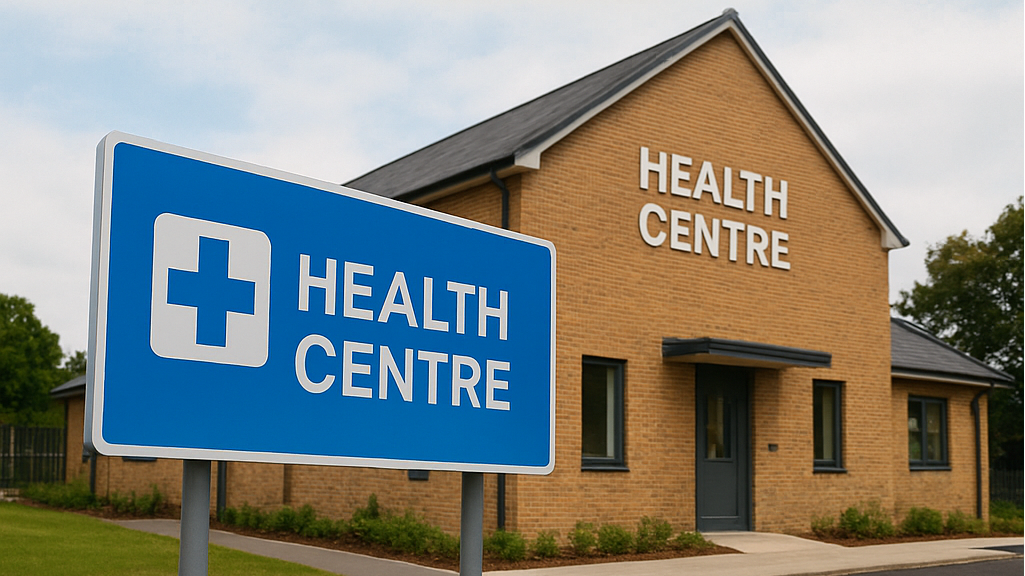The UK government has contracted Deloitte and Addleshaw Goddard, each receiving £3 million, to advise on how to use private capital and public-private partnerships (PPPs) to build and operate dozens of new NHS “neighbourhood health centres” across England, according to a report by The Guardian.
The contracts require them not only to draw up business cases and financial modelling, but also to structure procurement frameworks for potential private sector involvement.
The first 43 locations for these clinics have already been announced by Health Secretary Wes Streeting. The centres are intended to bring together doctors, nurses, pharmacists, social care staff and voluntary groups under one roof, moving some services out of hospitals and closer to communities.
PFI 2.0? Critics warn against NHS private funding revival
The Guardian noted supporters argue that injected private investment can help modernise NHS infrastructure at a time when public capital is constrained. Matthew Taylor of the NHS Confederation says the state must “learn from how other countries use PPPs” while avoiding past mistakes.
Opponents see echoes of the discredited Private Finance Initiative (PFI), a model that left the NHS saddled with massive repayments long into the future. The National Audit Office previously flagged PFI as an expensive model that favoured private firms over public services, suggests the same report.
Critics argue that profits currently flowing out of the health service could be redirected into patient care instead.
In response, the government says all proposals will undergo “robust value for money” assessments, and that PPPs would only be considered in limited, carefully evaluated cases. Chancellor Rachel Reeves is expected to reveal in the upcoming budget whether the private funding route will be adopted for these health clinics.










